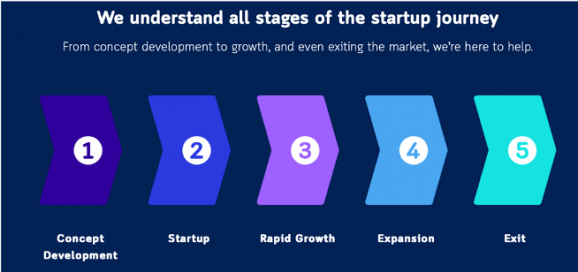Anyone in the startup scene will appreciate that it is full of catchy slogans and entrepreneurial slang. It is essential that you and your startup understands the insider-lingo. According to Forbes using the correct language for your startup is important, not only in establishing yourself within the ecosystem, but when pitching yourself to prospective investors.
At Allied Legal, these terms have become embedded in our vernacular, so we have devised a list of the lesser-known startup terms you may want to be aware of:
Dry Powder
Dry power is startup slang for the available cash reserve held by an investor. The term is mainly used by venture capitalists (VC) or private equity (PE) firms seeking to leverage their unallocated capital in order to fuel growth or acquire new startups. Hence dry powder’ is an important term to know when pitching your startup to new investors.
Term Sheet
A term sheet is a pre-contractual document which outlines the key terms of the contract that will eventually be entered into. It is a legal document, also called a ‘head of agreement’ or ‘memorandum of understanding’, which sets out the terms between a startup and another party. A term sheet is typically drawn up to outline key terms and provides founders with clarity around the more key aspects such as share distribution or voting rights.
Low Hanging Fruit
The term ‘low hanging fruit’ refers to the simplest measures your startup can undertake to acquire revenue. This may include goals, tasks or processes in order to provide a ‘quick fix’. In sales terms, the metaphor often refers to an easily attainable goal. The term is important to understand as a business strategy as it helps your startup to hit targets faster. Understanding the concept of ‘low-hanging fruit’ may also allow founders to prioritise their short-term goals on a day-to-day basis, while ensuring they are steadily working toward their low-term goals.
Rolling Close
A ‘rolling close’ allows startups to raise capital over an extended period of time. Founders apply a ‘rolling close’ so that they are able to pitch to prospective investors while simultaneously signing off with backers who are ready to commit. The period of a typical rolling basis is from between one to three months. Investors will often use this time to determine the value of your startup’s offering by waiting to see if your startup is able to attract other investors.
Ramen Profitable
A ‘ramen profitable’ startup describes a startup with only enough revenue to afford the founders’ living expenses. Founders utilise the framework of a ‘ramen profitable’ startup to push their offering to market while incurring minimal to no debt. The term was popularised by Paul Graham who describes the model as the first step toward startup scalability. The model gives startups time to experiment and determine their product-market fit. Paul Graham believes that being a ramen profitable startup aids startup to focus on growing the startup rather than focusing on profit.
Need help? Contact us
Allied Legal is not your average law firm. We demystify startup terms and processes and provide practical and innovative solutions for your startup. If you would like to find out more about our startup offerings, give us a call on 03 8691 3111 or send us an email at hello@alliedlegal.com.au.
You might also like Setting Strategic Goals For Your Startup.





